Gates warns DoD of ‘next-war-itis’
 Tuesday, May 13, 2008 at 03:16PM
Tuesday, May 13, 2008 at 03:16PM  The Pentagon must focus on current war demands, even if it means straining the U.S. armed forces and devoting less time and money on future threats, Defense Secretary Robert Gates said Tuesday.
The Pentagon must focus on current war demands, even if it means straining the U.S. armed forces and devoting less time and money on future threats, Defense Secretary Robert Gates said Tuesday.
Meeting the war-fighting needs of the troops now and taking care of them properly when they get home must be the priority, Gates said in a speech to journalists at a seminar here sponsored by the Heritage Foundation, a conservative think tank.
“I have noticed too much of a tendency towards what might be called Next-War-itis — the propensity of much of the defense establishment to be in favor of what might be needed in a future conflict,” Gates said.
But in a world of limited resources, he said, the Pentagon must concentrate on building a military that can defeat the current enemies: smaller, terrorist groups and militias waging irregular warfare.
If it means putting off more expensive weapons for the future or adding to the stress on the Army — that is a risk worth taking, he said.
“The risk of overextending the Army is real,” said Gates. “But I believe the risk is far greater — to that institution as well as to our country — if we were to fail in Iraq. That is the war we are in. That is the war we must win.”
In a question-and-answer session with his audience, Gates was asked whether the U.S. would at some point feel compelled to take military action against Iran for its support of Shiite extremists in Iraq.
Gates said the U.S. has a number of activities under way “to deal particularly with what the Iranians were doing in support of the special groups and others in Iraq.” The term “special groups” refers to extremist elements of Shiite militias that U.S. officials say are funded and trained by Iranians.



















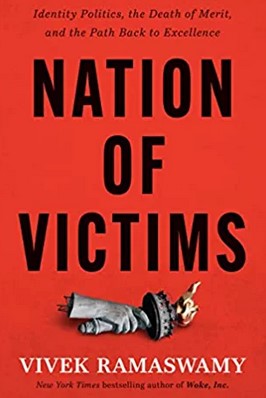






















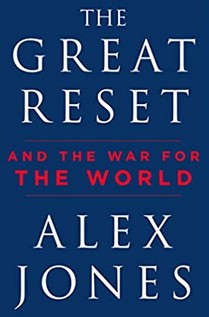



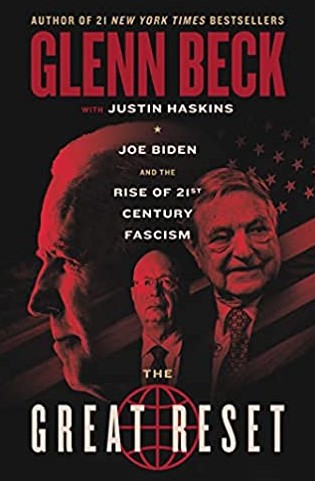




















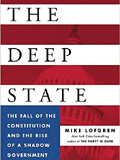
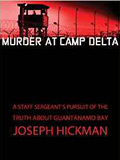



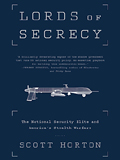







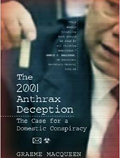






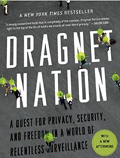




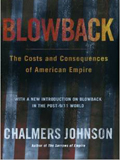










 The Bush administration repeatedly ignored corruption at the highest levels within the Iraqi government and kept secret potentially embarrassing information so as not to undermine its relationship with Baghdad, according to two former State Department employees.
The Bush administration repeatedly ignored corruption at the highest levels within the Iraqi government and kept secret potentially embarrassing information so as not to undermine its relationship with Baghdad, according to two former State Department employees. Baghdad’s green zone rightly has the reputation as the most secure area in a city best known for its violence and lawlessness.
Baghdad’s green zone rightly has the reputation as the most secure area in a city best known for its violence and lawlessness.  An American woman who claims that she was gang-raped by coworkers in Baghdad while employed by Halliburton/KBR, a defence contractor, can take her case to trial, a federal judge has ruled.
An American woman who claims that she was gang-raped by coworkers in Baghdad while employed by Halliburton/KBR, a defence contractor, can take her case to trial, a federal judge has ruled.  As someone who has been urging focused citizen activism for some time now, I find it heartening that there are those in the United States who put action to words and seek to lead by example. This is the case with Chicago Alderman Joe Moore, who, together with seven of his 49 colleagues (Toni Preckwinkle, Sandi Jackson, Eugene Schulter, Robert Fioretti, Freddrenna Lyle, Ricardo Munoz and Mary Ann Smith), has prepared a resolution for the Chicago City Council opposing war on Iran. By itself, this resolution most probably will not serve to alter the policies currently being pursued by the Bush administration. But when a great American city such as Chicago takes the lead in expressing its rejection of irresponsible national policy, other cities should, and will, take notice.
As someone who has been urging focused citizen activism for some time now, I find it heartening that there are those in the United States who put action to words and seek to lead by example. This is the case with Chicago Alderman Joe Moore, who, together with seven of his 49 colleagues (Toni Preckwinkle, Sandi Jackson, Eugene Schulter, Robert Fioretti, Freddrenna Lyle, Ricardo Munoz and Mary Ann Smith), has prepared a resolution for the Chicago City Council opposing war on Iran. By itself, this resolution most probably will not serve to alter the policies currently being pursued by the Bush administration. But when a great American city such as Chicago takes the lead in expressing its rejection of irresponsible national policy, other cities should, and will, take notice.  The Pentagon has dropped charges against a Saudi at Guantanamo who was alleged to have been the so-called "20th hijacker" in the Sept. 11 attacks, his U.S. military defense lawyer said Monday.
The Pentagon has dropped charges against a Saudi at Guantanamo who was alleged to have been the so-called "20th hijacker" in the Sept. 11 attacks, his U.S. military defense lawyer said Monday.  Mary Tillman, the mother of former professional football player Patrick Tillman, denounced the continued cover-up and whitewash of her son’s “friendly fire” killing in Afghanistan. She spoke in Birmingham, Michigan last week as part of the promotion for her new book, Boots on the Ground by Dusk: My Tribute to Pat Tillman.
Mary Tillman, the mother of former professional football player Patrick Tillman, denounced the continued cover-up and whitewash of her son’s “friendly fire” killing in Afghanistan. She spoke in Birmingham, Michigan last week as part of the promotion for her new book, Boots on the Ground by Dusk: My Tribute to Pat Tillman. One of the main parties in Pakistan has announced it is pulling out of the government, just three months after landmark general elections.
One of the main parties in Pakistan has announced it is pulling out of the government, just three months after landmark general elections. In the latest extracts from her memoirs, Mrs Blair says she spoke to Alistair Campbell, the Prime Minister’s media chief, within hours of the miscarriage in 2002.
In the latest extracts from her memoirs, Mrs Blair says she spoke to Alistair Campbell, the Prime Minister’s media chief, within hours of the miscarriage in 2002.  The funds that pay pension and health benefits to police officers, teachers and millions of other public employees across the country are facing a shortfall that could soon run into trillions of dollars.
The funds that pay pension and health benefits to police officers, teachers and millions of other public employees across the country are facing a shortfall that could soon run into trillions of dollars.  Jaime Pacheco rolled out of bed at dawn last week to the blaring chorus of two alarms. Then Jaime, a 15-year-old high school freshman, smoothed his striped comforter, dumped two scoops of kibble for the dogs out back and strapped a G.P.S. monitor to his belt.
Jaime Pacheco rolled out of bed at dawn last week to the blaring chorus of two alarms. Then Jaime, a 15-year-old high school freshman, smoothed his striped comforter, dumped two scoops of kibble for the dogs out back and strapped a G.P.S. monitor to his belt. Know your enemy is the first rule of strategy, yet it is one that Americans have found difficult to follow over the past decade. Not knowing the enemy has
Know your enemy is the first rule of strategy, yet it is one that Americans have found difficult to follow over the past decade. Not knowing the enemy has 

























